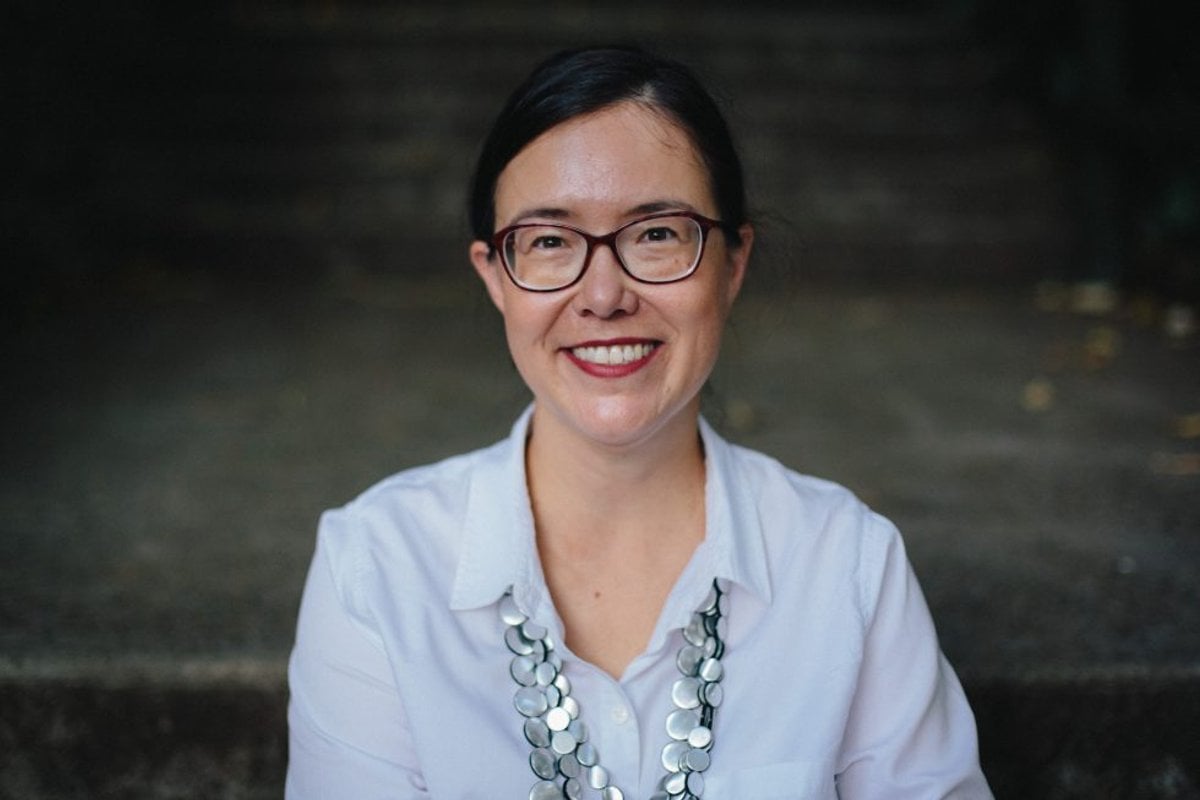
I dreamt of my mum last night. She kept appearing in familiar places — on the couch, in a shopping mall. I asked her a question, I can't remember what. She smiled and disappeared.
My mum died three months ago. I volunteered to do the eulogy. I had structured my novel, The Eulogy, around a fictional guide on how to write a eulogy. I tried to take my own advice.
My how-to:
How to write a eulogy.
Keep it short.
I kept my mum's eulogy to two, single-spaced A4 typed pages. Five minutes is good. (My brother did the same. We were old hands.)
Include a chronology of the person's major life milestones.
Attendees at a funeral probably knew the deceased person at different stages in their lives, or in different roles – mum, neighbour, friend. It's good for everyone to hear about the person and all that they were.
A funeral is also the time when the family and friends start to talk about the person in the past tense. Telling their story, in this way, is an important step in absorbing the knowledge that the person is dead. By the end of the eulogy, it feels right that the story has come to a close.
Share some personal stories.
People will share lots of personal stories at the wake, so you don't have to say everything in the eulogy. The eulogy is the time for a few personal memories, ones that help tell the story, and help you say goodbye.
Address your last words to your person.
Most of the eulogy has been for the gathered attendees, but the last words are for your person.
Watch: How to start a eulogy. Post continues after video.

Top Comments